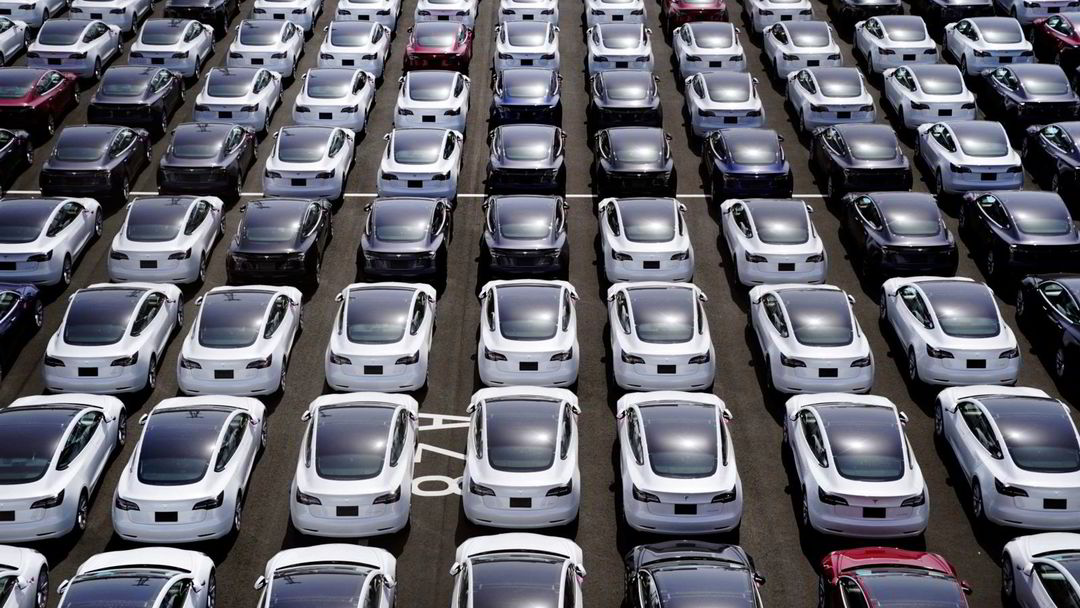Hydrogen fuel cell electric vehicles (FCEVs) are unlikely to occupy a significant place in the future trucking market anytime soon, as they cannot compete on cost with battery electric trucks. These are the main conclusions of the report “Decarbonisation of trucks in Europe”, prepared by the “International Transport Forum”, the OECD’s intergovernmental analysis center in the transport sector.
The higher operating costs of operating FCEVs compared to other electric vehicles are solely related to higher fuel costs, which in turn are due to the loss of energy due to electrolysis, the paper says.
The report compares the cost of purchasing and owning FCEVs, battery electric vehicles (BEVs) and vehicles powered by “electric road systems” (ERSV) such as overhead lines over a seven-year period. Nine different types of vehicles were analyzed, including trucks and tractors.
The report “for the first time takes into account the significant uncertainty associated with each technology by examining 1,000 unique scenarios for each transmission technology and for nine different vehicle types in Europe. … By accurately quantifying the uncertainty associated with each technology and research into vehicles of different sizes, the analysis provides a deeper understanding of the potential of zero-emission drive technologies. “
The authors indicate that zero-emission midsize vehicles are expected to become economically competitive with diesel trucks between 2030 and 2040 for all vehicle sizes. The exact time when this will happen depends on the size of the vehicle: the smaller categories (7.5 tonnes) could reach overall price parity with diesel cars as early as 2022.
At the same time, it is noted that among all types of zero-emission trucks, the prospects for hydrogen-powered ones are the lowest: in 90% of the scenarios considered by 2050, the market share of FCEV trucks will not exceed 10% .
The report does not provide the final life cycle costs for each type, recognizing that there is a high degree of uncertainty about a number of variables for all vehicles, including the cost of hydrogen fuel.
At best, the price of hydrogen fuel at a service station will drop dramatically from € 9.50 / kg today to just € 1.5 / kg in 2050. A price of € 2.5 / kg will give FCEVs the ability to compete with BEV and ERSV. However, this cost will depend on the level of subsidies and market coverage and the FCEV will only be successful if the associated costs of fully electric equivalents remain high.
At worst, the price of hydrogen fuel will drop slightly to € 8.50 per kg in 2050.
The authors say that any development of the hydrogen infrastructure will largely depend on the financial support of the respective government and will be associated with significant costs. At the same time, governments that consider financing hydrogen refueling networks risk being left with amortized assets if hydrogen transportation is not developed on a sufficient scale.
The report adds that there are potential niche markets in particularly “difficult” market segments for which hydrogen trucks are suitable. They concern the use of extra heavy vehicles (70 tons), long-distance transport or certain categories of construction machinery. However, more studies are needed to assess the potential.
“FCEVs will only be cost-competitive in a few cases, with a very ambitious hydrogen fuel price below 2.5 euros per kg and conservative scenarios for other technologies,” the report said.
“This lack of cost competitiveness in much of the European market means that achieving the necessary economies of scale in the production of vehicles at lower purchase prices and maintaining a high level of utilization of the charging infrastructure is likely to remain a challenge. for the FCEV “.
–


